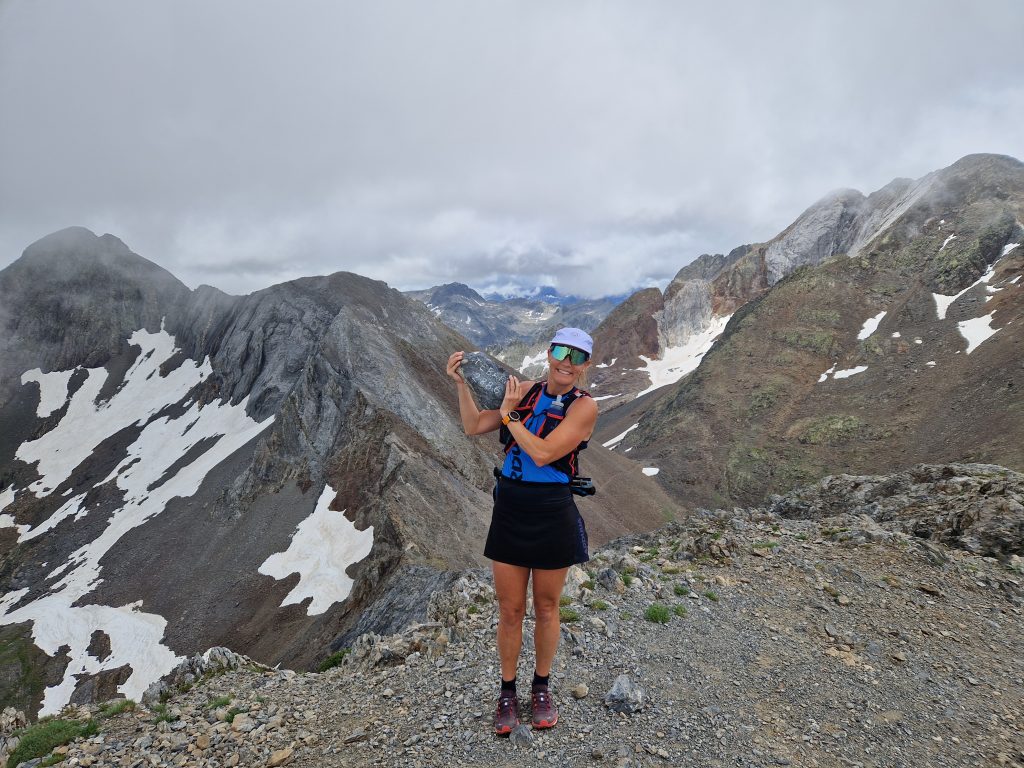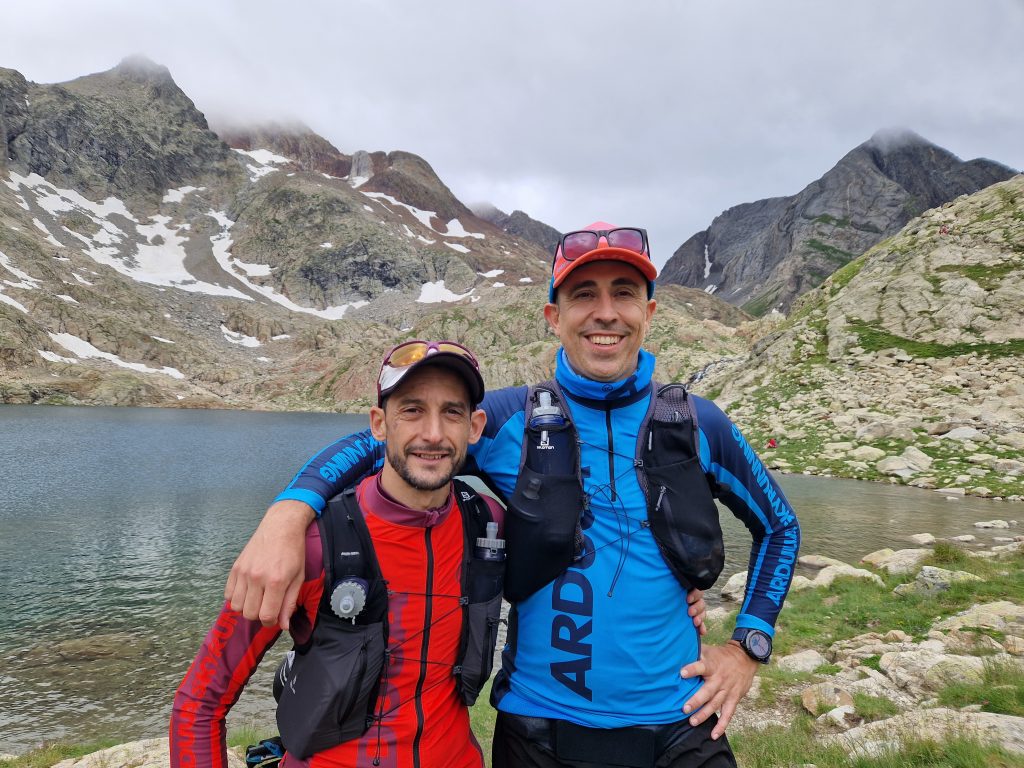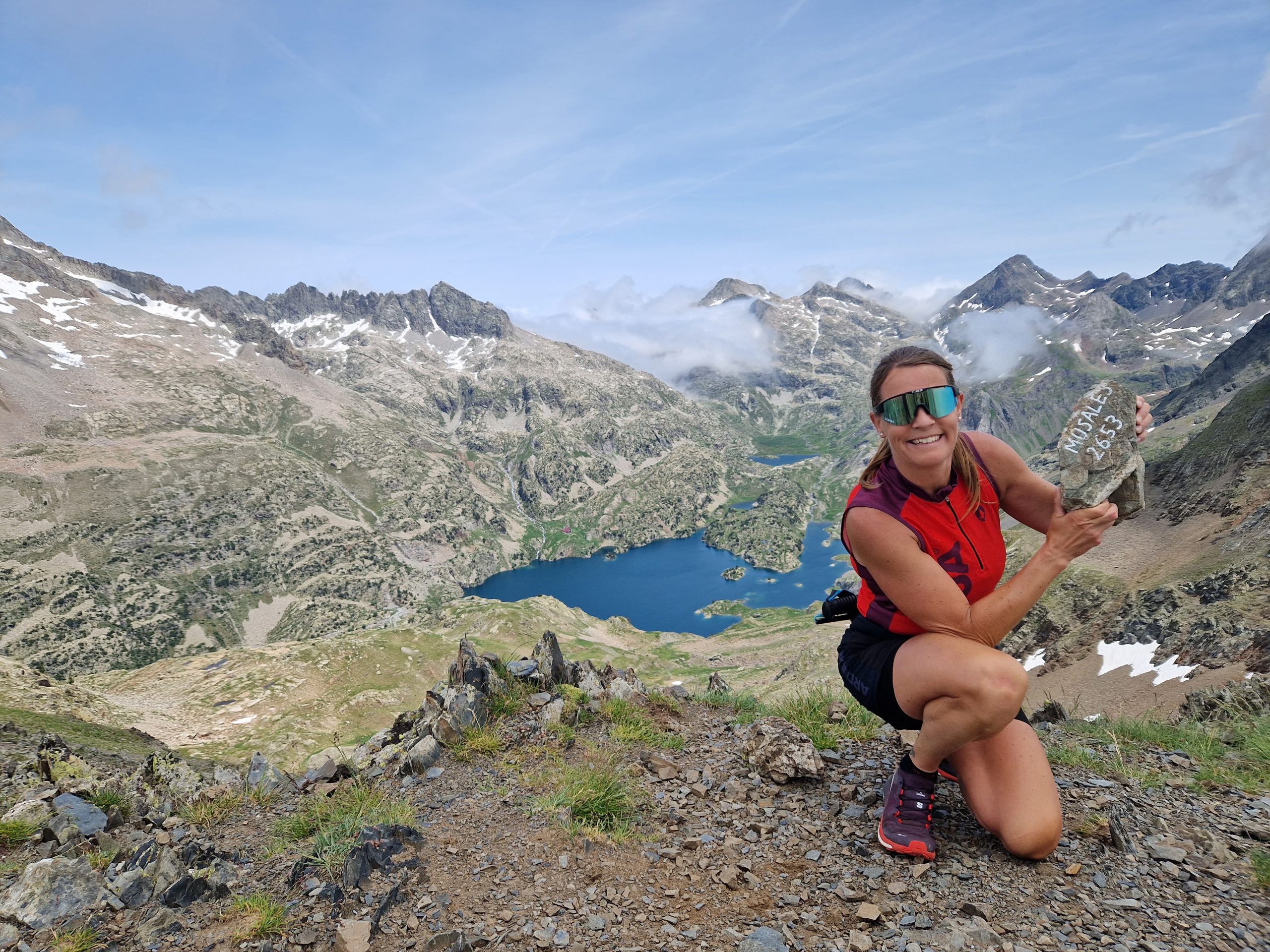Mountain Running Training: Elevate Your Running Game
Mountain running is not just a physical challenge; it’s an adventure that tests your limits, sharpens your focus, and rewards you with breathtaking views and an unmatched sense of accomplishment.
Whether you’re a seasoned trail runner or just beginning to explore the mountains, the right mountain running training approach can make all the difference. In this article, we’ll dive into the essentials of mountain running training, offering motivation, advice, and tips to help you conquer the peaks.
Blog by: Katinka Nyberg, Arduua Founder.

Why Mountain Running?
Mountain running offers a unique blend of endurance, strength, and mental resilience. It’s a full-body workout that engages muscles you didn’t even know you had, all while immersing you in nature’s beauty. The challenges of uneven terrain, steep inclines, and unpredictable weather conditions make mountain running a true test of your athleticism and grit. But the rewards? They’re equally immense.
Imagine standing at the summit, lungs burning but heart soaring, as you take in a panoramic view that few others will ever see. That’s the magic of mountain running.
Motivation to Keep You Going
Set Clear Goals
Whether it’s conquering a specific peak, completing a trail race, or simply improving your stamina, having a clear goal will keep you motivated. Break your goal into smaller milestones and celebrate each victory along the way.
Embrace the Journey
Mountain running is as much about the journey as it is about the destination. Enjoy the process of training, the small improvements in your strength and endurance, and the time spent outdoors. Every run is an opportunity to connect with nature and push your boundaries.
Visualize Success
Visualization is a powerful tool. Picture yourself overcoming the toughest parts of the trail, reaching the summit, and crossing the finish line. This mental preparation can boost your confidence and performance on race day.
How to Train for Mountain Running
Becoming a strong mountain runner takes time—often many years. So, make sure to train smart and build your body stronger step by step. Here’s how to approach your mountain running training:
Build a Strong Base
Before tackling steep inclines and rugged terrain, ensure you have a solid trail running foundation. Regular trail running will help build your aerobic capacity, endurance, and mental toughness.
In addition to endurance, it’s crucial to work on your running technique. Efficient running technique can reduce the risk of injury, conserve energy, and improve your overall performance on challenging trails. Proper technique is especially important when navigating uneven terrain, as it helps you stay balanced and agile. Incorporate drills that improve your form, such as high knees, butt kicks, and strides, into your training routine.
By building both a strong aerobic base and refining your running technique, you’ll be better prepared to handle the demands of mountain running and excel on the trails.
Focus on Strength Training
Mountain running demands a lot from your legs, core, and stabilizer muscles. Incorporate strength training exercises like squats, lunges, deadlifts and plank to build the muscle strength and endurance needed to power up steep ascents and navigate technical descents. These exercises are foundational for developing the lower body strength necessary to tackle the challenges of mountain trails.
To handle rough terrain, it’s also crucial to incorporate specific strength work for your feet and ankles. Exercises like calf raises, ankle rotations, and balance drills will help strengthen these areas and improve your stability on uneven surfaces.
Eccentric strength training for your quads is essential to prepare for the demands of downhill running. Exercises like eccentric squats and step-downs will help build the necessary strength to control your descents and reduce the risk of injury.
Additionally, strength training for your upper body is important, especially if you use running poles on steep, long uphills. Incorporate exercises like push-ups, rows, and shoulder presses to build the endurance and strength needed to effectively use poles and maintain good posture during extended climbs.
By incorporating these targeted strength training exercises, you’ll build the muscle strength and endurance necessary to power up steep ascents, navigate technical descents, and tackle the demands of mountain running with confidence.
Train for Technical Terrain
Trails in the mountains are often rocky, uneven, and challenging. Practice running on similar terrain to improve your balance, agility, and ability to read the trail. The more familiar you become with technical terrain, the more confident you’ll be on race day.
Learning how to effectively tackle rocky paths, loose gravel, and sharp inclines will give you the edge you need during races. Focus on foot placement, body positioning, and maintaining momentum through tricky sections. Over time, this practice will translate into smoother, more efficient runs.
Practice Downhill Running
Running downhill is an art in itself. It can be tough on your quads and joints, but with practice, you can master it. Focus on light, quick steps, staying relaxed, and using your arms for balance. Keep your body upright or slightly leaned back to maintain control and avoid over-striding.
To minimize the impact on your joints, aim to land softly on your midfoot, rather than your heel, which can reduce the risk of knee injuries. Your goal is to descend smoothly and efficiently, using as little energy as possible while maintaining control.
Train Harder
It’s hard to imagine how much your heart will be pounding, and how much your legs will burn in a race that starts with a 1500-meter vertical climb within just 4 km. To prepare for such intense situations and to become a strong mountain runner, you need to incorporate VO2-max and heavy strength training into your schedule during certain phases of your mountain running training.
VO2 max workouts involve extra hard training sessions with high intensity, pushing your cardiovascular system to its limits. These sessions improve your body’s ability to use oxygen efficiently, which is crucial for sustaining energy during steep climbs.
Heavy strength training, such as squats with load, is also beneficial. This type of training helps build the muscular power needed to tackle the steepest inclines and endure long, grueling ascents.
Rest
Without rest, you will never be able to recover, grow, and get stronger and faster. Incorporate at least one day of full rest per week into your training plan.
How to Prepare for Race Day
Preparing for race day involves not just physical readiness but also mental and logistical preparation. Here’s how you can ensure you’re ready:
Equipment and Preparations
Make sure to read all the rules on the organizer’s webpage. Each race always has its mandatory equipment that you need to bring for your safety.
Peak of Form
Make sure you arrive at the race fully rested and in peak form. It is not easy the first time, but with each race you do, you will learn how much rest you will need in the weeks leading up to the race.
Pace Yourself
Mountain running is all about managing your energy. Start slower than you think you need to, especially on long climbs. Save your energy for the final push or when you hit challenging sections of the trail.
Pacing is crucial in mountain running, where the terrain can vary greatly from one moment to the next. Developing the discipline to hold back early in a run or race can prevent burnout and allow you to finish strong.
Fuel and Hydrate Properly
Mountain running often involves long distances and time spent at higher altitudes. Make sure to practice your nutrition and hydration strategy during mountain running training. Bring enough fuel, like energy gels or bars, and stay hydrated, especially in dry or high-altitude environments.
Your body requires more energy when running in the mountains, so plan your nutrition carefully. Regularly refuel during long runs and races to maintain your energy levels and avoid bonking.
Upcoming Cramp
If it is your first mountain race, cramping is quite common. Cramps usually appear when you push harder than you are prepared for or when there is a lack of salts and magnesium. If you notice an upcoming cramp, slow down, take a deep breath, and add some extra salt tablets and magnesium. If it is not too late, this usually helps.
Mental Training
Mental toughness is key in mountain running. There will be times when the trail feels endless, the incline seems impossible, and fatigue takes over. Prepare your mind to push through these moments by practicing mindfulness, positive self-talk, and breaking the race into manageable sections.
Training your mind to stay positive and focused can make a huge difference in your performance. Whether you’re facing a steep climb or the final stretch of a long race, your mental resilience will carry you through.
Rest & Recover
Depending on how long the race is and who you are, the recovery time could vary from just a few days to many weeks. Right after the race, you will probably feel like a king. However, a couple of weeks later, you might feel quite low and out of energy. But just hold on—this is normal, and quite soon your body will be back to where it was.
Ready to Take Your Mountain Running Training to the Next Level?
If you’re inspired to push your limits and conquer new peaks, we invite you to join Arduua’s Online Coaching program. Our experienced coaches, including professional coaches from Spain, David Garcia and Fernando Armisén, are here to guide you every step of the way. They will help you build strength, endurance, and the mental toughness needed to excel in mountain running. Whether you’re preparing for your first trail race or looking to improve your performance, Arduua’s personalized training plans, backed by expert guidance, are designed to help you reach your goals.

🌟 Join us today and start your journey to becoming a stronger, faster, and more confident mountain runner! 🌟
Learn more about our Trail Running Coaching Program >>
/Katinka Nyberg, Arduua Founder


